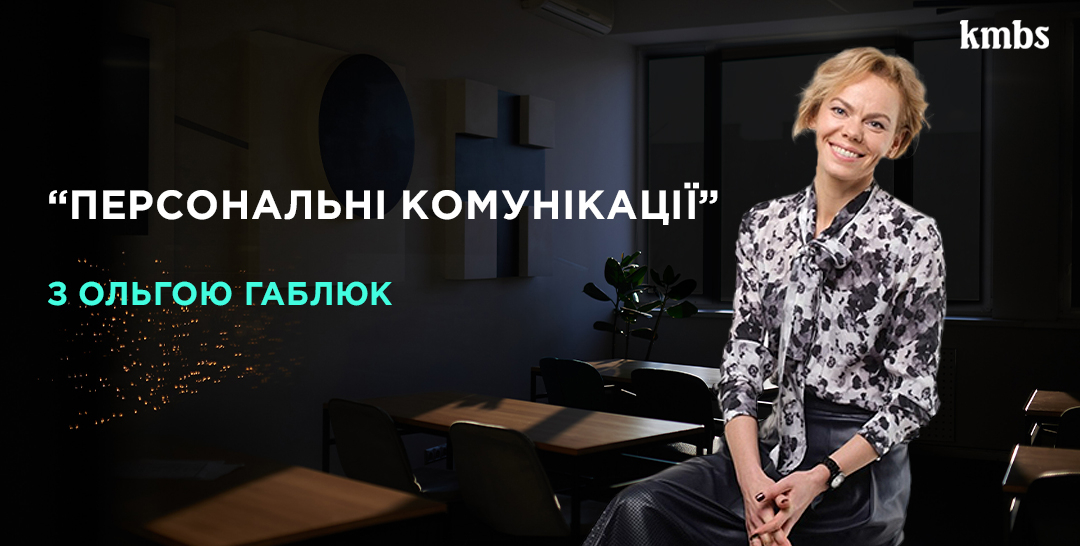At the end of May, kmbs started training two new groups — Presidents and Executive MBA. And last week, the participants had their second module, dedicated to personal strategies. In particular, they spoke with Olga Habluk, an expert in public communications and the psychology of contact, the founder of the "School of Rhetoric".
According to Olga, another person is always at the center of communication — our interlocutor. Not us, not our condition, not our feelings and worries. Therefore, the focus of attention should be on the other, not on us: what he feels, what he observes, how he behaves, etc. "Accordingly, we should think, first of all, about him, and then we will be able to manage the process," says Olga. "If our task is not just to express ourselves, but to be understood correctly, then this obliges us to think about the one who will receive our words." And this means we have to convey the same information differently to people with other priorities and value systems.
MBA participants talked with the speaker about verbal and non-verbal communication components and touched on various aspects of speech behavior, including pauses. "There is no need to fill the pause with anything! — a confident teacher. — Leave her alone; she is wonderful. The most important thing is to keep an appropriate facial expression during the pause."
The speaker also introduced the participants to the fundamental structures that can be used in communications. One is the PREP model, which forces us to start from the beginning. It consists of the following stages: Point (thesis), Reason (argument), Example (example), and Point (repetition of the idea). This structure is suitable for answering questions, expressing opinions, commenting to journalists, etc.
Sometimes it seems to us that it doesn't matter how we look or speak; the main thing is the essence of what we are talking about. But, as Olga says, people perceive personalities. And if the interlocutor does not form a positive attitude toward your information, he will not remember it. "Disloyalty to the speaker gives birth to a skeptical attitude towards what he says. We start looking for what is wrong. And if the speaker knows how to inspire trust, then he can count on greater loyalty," Olga is sure.










